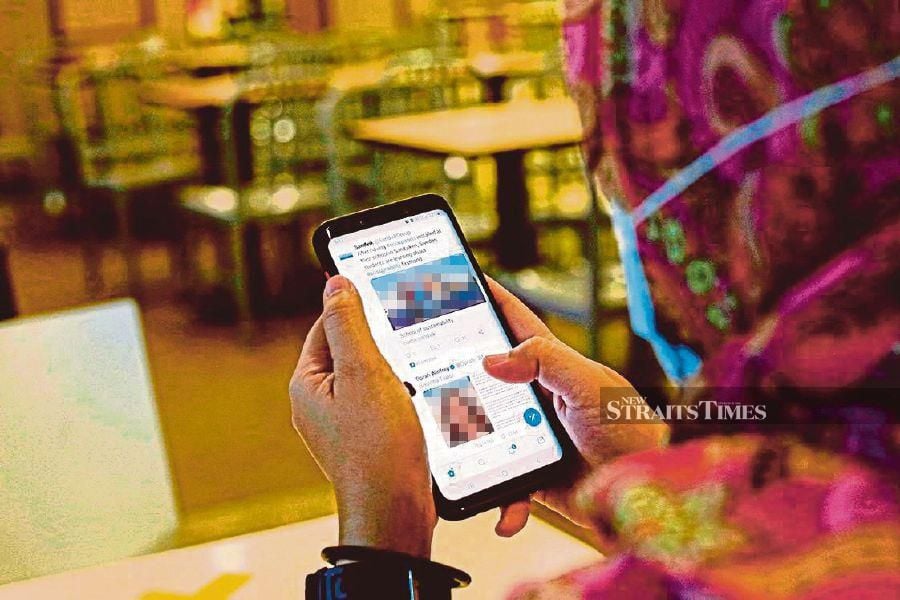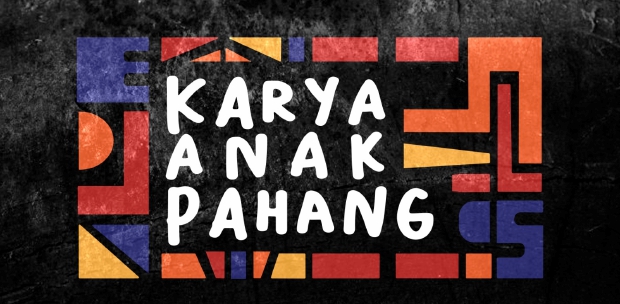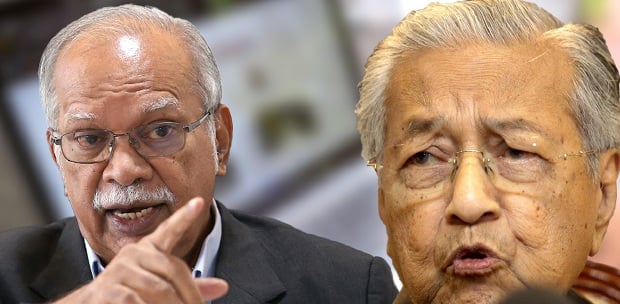LETTERS: Equipping teenagers with critical-thinking skills and fostering offline experiences will help them navigate the social media maze, ensuring an authentic reflection of who they truly are.
Imagine a hall of mirrors, each reflecting a slightly distorted version of yourself. This is the world of social media algorithms for many teenagers.
While adults may scoff at the curated content teenagers see, these algorithmic reflections hold surprising power. They are often seen as accurate self-portrayals.
This phenomenon has become more than just harmless eccentricity. It raises concerns about how social media is shaping self-perception in a crucial developmental stage.
Teenagers are constantly negotiating their identity and social media, with its carefully crafted feeds, can become a deceptive mirror that reinforces biases and hinders the exploration of a multifaceted self.
Social media platforms have become masters of personalisation. Teens get a sense of validation by indulging in content that aligns with their interests.
"They get me," the teenagers think, scrolling through a feed filled with music they like, jokes that resonate with them and trends that they may already be following.
This confirmation bias creates a loop. The more they engage in a specific content, the more the algorithm reinforces it, creating an echo chamber of likes and interests.
This curated world feels familiar and safe, fostering a sense of belonging in a virtual community. And the social media impact is not only felt by teens.
According to the Psychology Today blog, since 2010, surging social media have exposed adolescents to unrealistic body ideals, fuelling mental health issues.
"Eating disorder influencers glorify unhealthy habits, amassing followers and worsening the issue," it said.
Generally speaking, social media platforms prioritise engagement, not authenticity. They present the most clickable content, often amplifying negativity, drama and unrealistic portrayals of success.
Teenagers exposed to a constant stream of crafted online personas may internalise these portrayals, leading to feelings of inadequacy or pressure to conform.
Teenagers are complex beings with diverse interests and experiences. The algorithmic mirror, however, reflects only a narrow slice of their personality.
This can stifle self-discovery and limit the exploration of other facets of their identity.
For example, teenagers passionate about poetry may find their feed dominated by dance challenges, neglecting a side of themselves that craves different forms of expression.
Furthermore, the focus on validation through "likes" and "comments" will create a fragile sense of self.
Teenagers may start to measure their self-worth based on online validation, leading to anxiety and self-doubt when positive reinforcement wanes.
Breaking free from the algorithmic mirror requires fostering media literacy. Educating them about the mechanics of algorithms and the curated nature of online content is crucial.
Equipping teens with critical-thinking skills allows them to deconstruct the online image and recognise its limitations.
Parents and educators can play a vital role in creating open dialogues about online experiences, encouraging exploration of diverse interests, and fostering self-confidence outside the realm of "likes" and "shares".
Thus, encouraging teenagers to curate their own experiences online can also be empowering.
Following a wider range of accounts, including those outside their comfort zone, allows them to explore different topics and build a more nuanced understanding of the world, enriching their sense of self.
AHMAD FAIZUDDIN
Kuala Lumpur
The views expressed in this article are the author's own and do not necessarily reflect those of the New Straits Times





